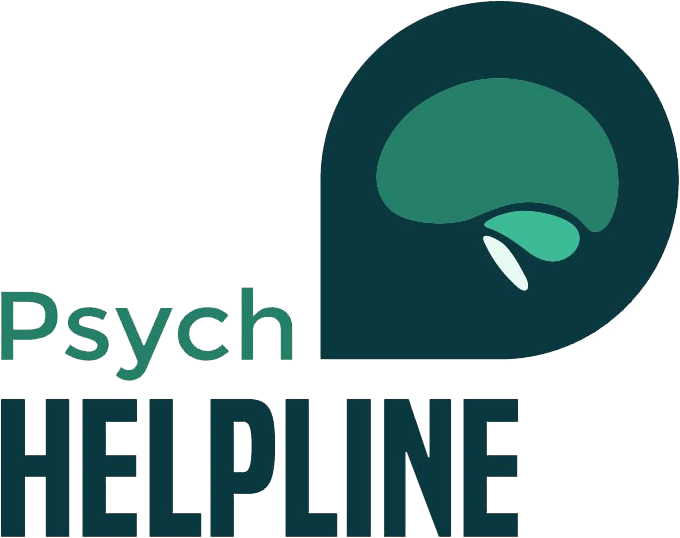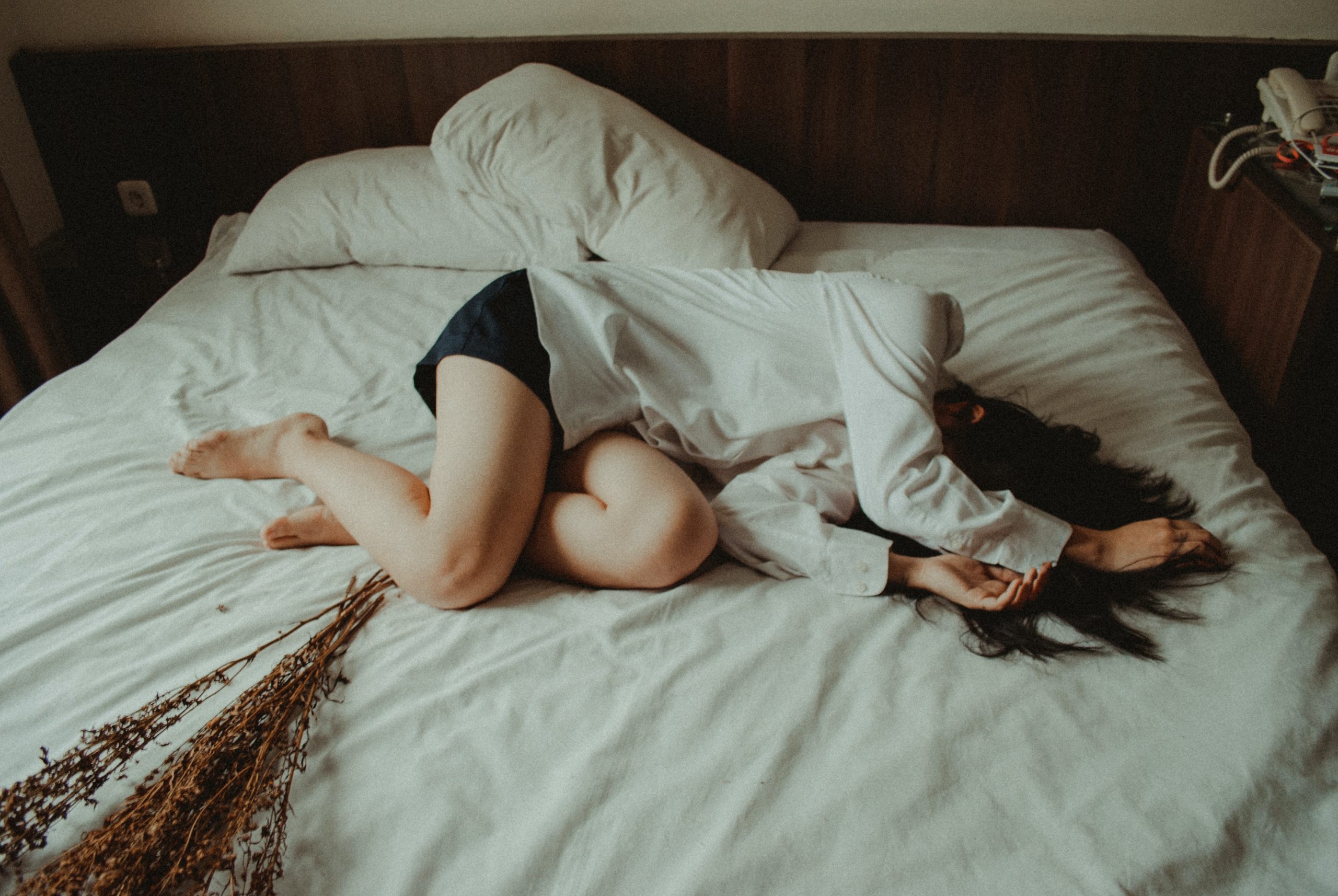Table of Contents
Onychophagia also known as nail biting is a kind of self-mutilative behavior. People of any age can engage in this habit without actively realizing what they’re doing. This body-focused repetitive behavior can be hard to avoid due to the underlying reasons behind it. Look around and you’ll be more than likely to come across someone who bites their nails. If it’s not you, then it’s quite possibly a close friend or family member that’s continuously engaging in this habit around you.
This habit can become so normalized to an extent that it no longer seems out of the ordinary or dangerous. The adults that usually engage in nail-biting were at a certain point kids that engaged in this habit. This goes on to show that the inability to get rid of this habit during the early years can actually make it harder to avoid as an adult. Here’s more on nail-biting in adults and how you can get rid of it;
4 Possible Reasons Behind Nail Biting
Genetics and Behavioral Assimilation
It might be a shocking discovery for some that even a habit like nail-biting can be inherited from one generation to another. Needless to say, if one or both of your biological parents were chronic nail-biters, the chances of you being one are very high. In addition to this, from a very young age children adapt to the behaviors of the people around them.
They assimilate the actions of others and then mimic them. So, if a child watches his/her parents or sibling engaging in nail-biting quite often, he’ll try and do the same even without knowing the reason behind it. When left un-monitored this habit will soon become a habit of his own. Consequently, turning that child into a teenager and later, an adult who bites his nails.
Sheer Boredom
Things feel awry when our hands aren’t occupied by something. There’s a long list of meaningless things that we do when we have nothing else to do. Simply sitting around in a corner, with nothing to look forward to, can actually bore anyone. Some tend to shake their legs for no possible reason, twirl their hair around their fingers and some engage in nail biting. This goes on to show that the presence of a damning reason isn’t always necessary in the case of nail biting. Some people just do it to keep their hands busy or simply because they have nothing else to do. Furthermore, it can be an absentminded tendency for a person who’s too concentrated on something. For instance; someone who’s too concentrated on solving a mathematical query might bite his nails while too lost in his thoughts.
Relief
There are so many things we as humans do to unconsciously relieve ourselves from stress. It’s hard being patient while waiting in a long line, or while dreading your exam results with a whole lot of stress on your mind. Some shake their legs excessively which indicates that they’re anxious or take long places around the room. Meanwhile, others try to get rid of that bad energy and awry feeling by biting their nails.
It’s a common habit among kids but equally noticeable among adults too. People who struggle with extreme anxiety or are simply too impatient bite their nails during difficult situations. It’s a coping mechanism for them that calms their nerves down. It’s essential to notice that in this case, this pattern occurs even without the realization of the person who’s following it.
Underlying Psychological Anomaly
Before we proceed with this particular reason it’s essential to mention that not all nail-biters struggle with an underlying psychological anomaly and vice versa. Your habitual nail biting can be the result of a psychological condition. People struggling with OCD, ADHD, and Tourette’s syndrome tend to bite their nails.
Nail Biting: 8 Reasons Why You Must Quit This Habit
1. Let’s start with the most straightforward answer to this question. Biting your nails increases the chance of spreading bacterial infections. Especially with various viral infections going around one ought to be more careful while touching anything in their surrounding. What if you unconsciously end up touching an object that was already infected with germs? You’ll probably bite your nails later and end up providing a safe passage to those germs, right into your body.
2. Biting your nails makes them appear unappealing. Especially those who have a habit of biting right around the cuticle region, end up making their hands look highly un-kept. People who bite their nails often have hangnails or multiple ingrown nails on both hands which is simply an unattractive trait.
3. Additionally, biting your nails gives the impression that you lack confidence and it is also frowned upon. Whatever the reason might be in your case, if you’re biting your nails in front of a person of higher authority it would affect their impression of you. It’s such a minor antic that can affect the way they perceive your personality.
4. If your tooth enamel is already weak, biting your nails will only make matters worse for you. In such a scenario, you might chip the edge of your teeth. In general, habitually engaging in nail biting can cause your teeth to shift. Consequently, arising the need for braces or retainers can make chewing or everyday functioning extremely hard.
5. Moreover, biting nails increases the risk of fungal infections. Consequently, one can be in a lot of pain, especially in the skin around your nails. Paronychia, a skin condition caused by nail-biting can cause red, swollen blisters around your cuticles. These pus-filled blisters can then affect you greatly as the pain will make you unable to use your hands normally.
6. This habit also pokes the risk of getting stomach or intestinal infections.
7. Although most people quit this habit once they start wearing nail paint or enamel due to their bitter taste some don’t mind it at all. Over time the extreme urge to bite your nails might make you more tolerant to the bitter taste of that nail enamel but there’s more to the story. The chemicals used in such enamels can be toxic and when ingested frequently over a period of time, can be hazardous.
8. It’s a little-known fact that nail biting can also result in bad breath. Biting your nails gives the germs on your nail a direct passageway to your gums. If you don’t brush your teeth right after those germs will surely multiply in there, resulting in unfavorable mouth odor.
How Can I Stop Biting My Nails?
Here are a few ways you can put a stop to this habit;
- Make sure you trim your nails with regularity. It’s an unsaid fact but long nails can actually entice you even more if you’re struggling with this habit already. Make sure you trim the unkempt edges perfectly and don’t leave any hangnails. File your nails perfectly around every edge.
- Covering your nails with tape or stickers when you feel most anxious can actually help. Every time you feel too stressed and the urge to bite your nails arises, the tape will simply remind you to stop.
- If you carry your phone around try setting multiple reminders. These reminders will keep you on your toes and keep whatever you’ve manifested on your mind. Even before you get the urge to bite your nails, you’ll already be reminded why you must not do it again. It’s almost like giving yourself a pat on your back.
- Although this might seem like a stretch but spending a great deal of money on your nails might actually help you in this case. Head over to your nearest saloon for a manicure. Once you get a manicure done and are well aware of the expenses spent on your nails, you might try and avoid biting them for a while. Another alternative would be getting your nails done. Wearing acrylic nails can be a great solution as you can’t really bite them off. The enamel on the top and the bottom will surely aggravate you and keep this habit at bay. Additionally, acrylic nails can be quite costly and one might not wish to tear them away so early after spending good bucks.
- Seeking therapy is the most effective way of unlearning behavioral patterns arising from a psychological ailment. If nail biting is linked to ADHD, OCD or any other ailment then cognitive behavioral therapy can aid you in getting rid of it. Cater to the emotional or mental stress that’s leading you to this coping mechanism. Take a short break from work instead of being stressed out by the increasing workload on your shoulders. Give yourself time to breathe instead of living in a stress bubble 24 hours a day.
- There are plenty of bitter nail polishes in the market that are designedly for this very purpose. You might fall back to your habit every now and then but every time you bite into your nails the bitter taste of the enamel will straighten you up immediately.
- In order to lose bad habits, you have to be gradual. Set small goals and slowly raise the bar. The same can be done for nail biting. You can make a promise to yourself in the beginning that you’ll only allow yourself to indulge in this habit twice a day. After one week, narrow down that margin to once a day, and so on. This is how you can slowly learn how to live without that habit without making drastic changes that lead to complete failure.
- Nipping the issue in the bud and recognizing your triggers might be the best solution on this list. For instance; some people tend to feel super nervous under circumstances that involve public speaking. Consequently, biting nails in such scenarios provide them relief. If public speaking seems to be the trigger in your case then catering to this issue will directly solve the other issue. Work on your social skills and once the fear of social gathering wears off the urge to bite your nails might also bail.
- As mentioned earlier a lot of people tend to bite their nails out of sheer boredom. Some fidget with their hands when there’s nothing else to do meanwhile others bite their nails without even realizing what they’re doing. So if this is the reason in your case, find ways to keep your hands busy whenever you’re waiting for something or have nothing else to do. Fidget spinners can be great for such situations or try playing a game on your smartphone. Money spent on stress balls is also money spent well. Keep plenty of bubble gums in your bag or pocket. So, whenever you have nothing to do with your mouth, just start chewing a bubble as that would keep you occupied for the time being.
Final Words
As hard to avoid it may seem, you can escape this habit one way or another. If your child is engaging in this habit then it’s your turn to find the cause behind it all. Ask them if they’re nervous about something. There might be a probable reason behind this that only you can cater to. So, which one of these approaches worked best for you? Do let us know if there are any alternative tricks that get the job done.







